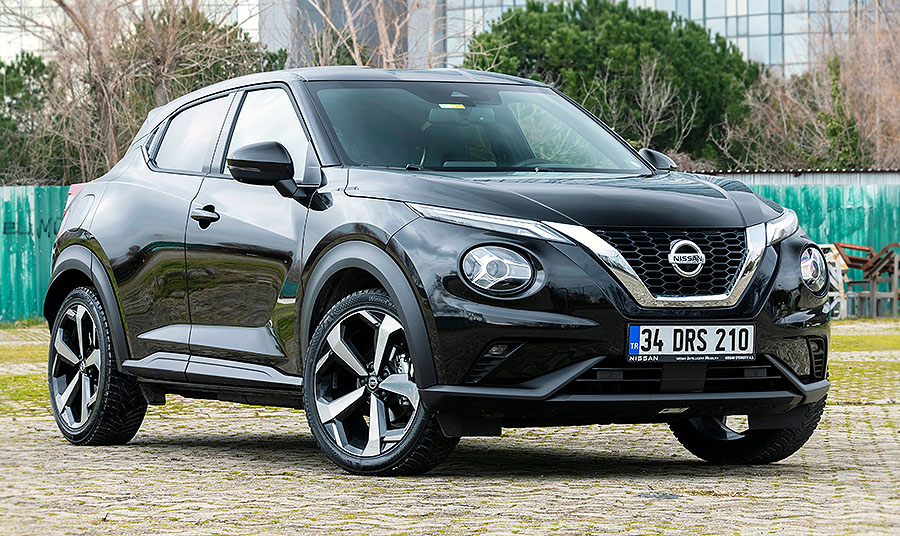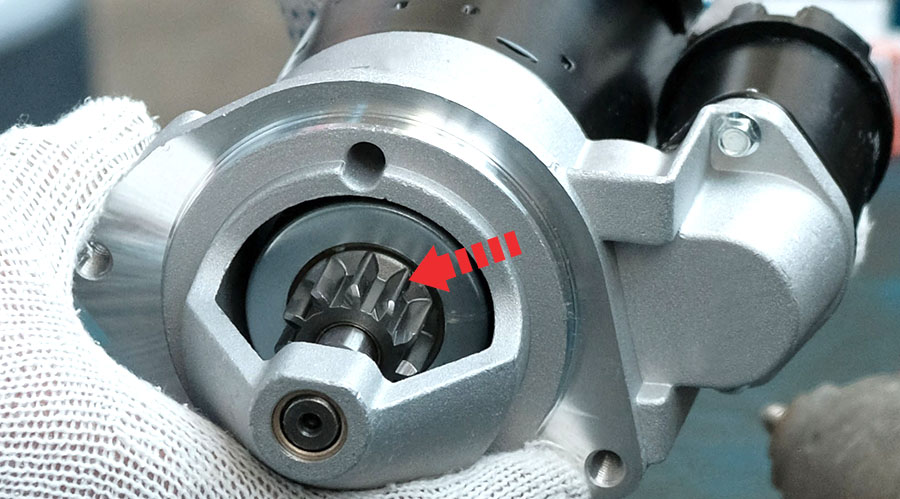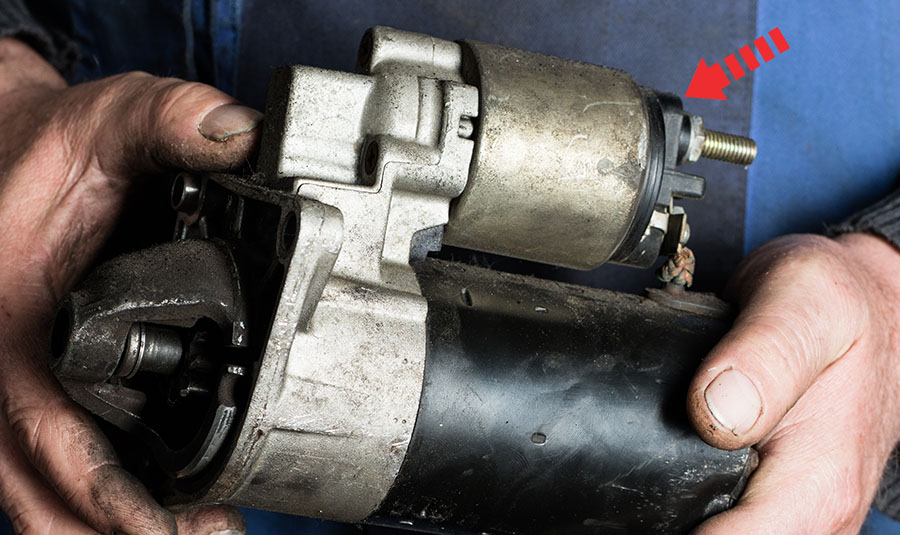A grinding noise when starting the engine of your Nissan Juke can be concerning, as it often indicates an underlying mechanical issue that requires attention. Ignoring such noises can lead to further damage and potentially more expensive repairs down the line. In this article, we’ll explore some common causes of grinding noise in Juke during engine startup, their potential implications, and steps you can take to diagnose and address the issue promptly.

Faulty Starter Motor
One of the most common culprits of a grinding noise during engine startup in Nissan Juke is a faulty starter motor. The starter motor engages with the engine’s flywheel to crank the engine and initiate combustion. If the starter motor’s gears are worn or misaligned, it can result in a grinding noise.
The starter motor plays a crucial role in the process of starting the engine in Juke. It’s a small yet powerful electric motor that converts electrical energy from the battery into mechanical energy to crank the engine. When you turn the key in the ignition or press the start button, the starter motor’s gear engages with the teeth on the flywheel, initiating the engine’s combustion cycle. However, when the starter motor develops issues, it can result in a distinct grinding noise during engine startup.

Common Starter Motor Problems
1. Worn Starter Motor Components: Over time, the internal components of the starter motor, such as the armature, brushes, and commutator, can wear down due to the mechanical stress and electrical arcing that occur during operation. This wear can lead to inefficient operation, reduced power, and eventually result in a grinding noise as the starter gear engages with the flywheel.
2. Starter Drive Gear Wear: The starter drive gear, also known as the pinion gear, is a critical part that moves the starter gear into engagement with the flywheel. If the pinion gear’s teeth wear down or become damaged, it may not engage smoothly with the flywheel teeth, causing a grinding noise when starting the engine of Juke.

3. Starter Solenoid Issues: The solenoid is responsible for activating the starter motor when the ignition is turned. If the solenoid is malfunctioning in Nissan Juke, it might not engage the starter motor consistently or properly, leading to irregular engagement with the flywheel teeth and resulting in grinding sounds.

4. Misaligned Starter: If the starter motor is not properly aligned or secured to the engine block of Juke, it can cause misalignment between the starter gear and the flywheel teeth. This misalignment can lead to grinding noises when the starter gear and flywheel teeth come into contact at odd angles.
5. Insufficient Voltage: A starter motor requires a sufficient amount of voltage from the battery to operate effectively. If the battery in your Juke is weak, old, or not properly charged, it might not provide enough power to the starter motor, causing it to struggle to engage the flywheel teeth smoothly and producing a grinding noise.
6. Frozen or Stuck Starter Motor: In cold weather, moisture or freezing temperatures can lead to the starter motor becoming frozen or stuck. This can prevent the starter gear from engaging and disengaging properly with the flywheel teeth, resulting in a grinding noise when attempting to start the engine of Juke.

7. Mechanical Damage: Any external physical damage to the starter motor, such as impacts or accidents, can affect its proper function. Such damage can disrupt the alignment of internal components or cause misalignment with the flywheel teeth, leading to grinding noises.
8. Age and Wear: Like any mechanical component, starter motors have a limited lifespan. As the starter motor ages, its internal components can wear out, and the likelihood of issues, including grinding noises, increases.
Grinding Noise Example:
Diagnosis and Repair:
Visual Inspection: A mechanic will visually inspect the starter motor of your Nissan Juke for signs of wear, misalignment, or damaged components. They will also examine the flywheel teeth for any signs of damage.
Electrical Testing: The electrical connections and solenoid will be tested for proper functioning. If there are electrical issues, they will need to be addressed.
Starter Motor Replacement: In some cases, the starter motor might need to be replaced in your Juke if the gears or other internal components are severely worn or damaged. This is a common repair and can often be done relatively quickly.
Recommended Video:
Bad Flywheel
The flywheel in serves as a connection point between the engine and the transmission and plays a pivotal role in the starting process of Nissan Juke. When a flywheel goes bad, it can lead to various issues, one of which is the notorious grinding noise heard when starting the car.

How a Bad Flywheel Causes Grinding Noise
When a flywheel is in good condition, its teeth or gear teeth provide a smooth surface for engagement with the starter motor’s pinion gear. However, over time, due to wear and tear, the flywheel’s teeth can become damaged, chipped, or worn down. When this happens, the pinion gear of the starter motor struggles to mesh properly with the damaged teeth on the flywheel.
During startup of Juke, when the starter motor engages the flywheel to turn the engine, the damaged teeth can cause a grinding noise. This noise is the result of the metal-on-metal contact between the starter motor’s pinion gear and the damaged flywheel teeth. The grinding noise can be particularly pronounced if the damage is severe, and it usually diminishes as the engine gains momentum and the starter disengages.
Conclusion
To conclude, the grinding noise that occurs when starting your Nissan Juke is a clear sign that something is amiss within the engine’s crucial components. In most cases, this unsettling noise can be attributed to either a faulty starter or a damaged flywheel.
A malfunctioning starter, responsible for kickstarting the engine’s ignition process, can generate grinding sounds due to worn-out gears or a malfunctioning solenoid. On the other hand, a damaged flywheel, which acts as a vital link between the engine and the transmission, can also produce similar noises if its surface or teeth are compromised.









